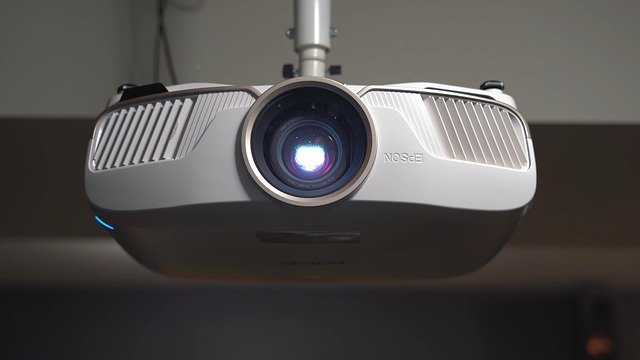Rent to Own Homes: A Comprehensive Guide to Alternative Homeownership
Rent to own homes, also known as lease-option agreements, offer a unique pathway to homeownership for those who may not qualify for traditional mortgages. This innovative approach combines renting with the option to purchase the property, providing potential buyers with time to improve their financial situation while living in their future home. As the real estate market continues to evolve, rent to own arrangements have gained popularity among both buyers and sellers.

What Are the Benefits of Rent to Own?
For potential homebuyers, rent to own offers several advantages. It provides an opportunity to live in the desired home while working towards ownership, allowing time to improve credit scores, save for a down payment, or stabilize income. This arrangement can be particularly beneficial in competitive real estate markets, where buyers can lock in a purchase price before property values potentially increase. For sellers, rent to own can attract a wider pool of potential buyers and provide a steady income stream while waiting for the sale to finalize.
What Should You Consider Before Entering a Rent to Own Agreement?
Before committing to a rent to own arrangement, it’s crucial to carefully evaluate the terms of the agreement. Key considerations include the purchase price, the amount of rent credit applied towards the purchase, and any additional fees or responsibilities. Prospective tenants should also assess their financial goals and timeline for homeownership to ensure the agreement aligns with their long-term plans. It’s advisable to have a real estate attorney review the contract to protect your interests and clarify any complex terms.
How Does Rent to Own Compare to Traditional Home Buying?
Rent to own offers a more gradual approach to homeownership compared to traditional purchasing methods. While conventional buyers need to secure financing and make a significant down payment upfront, rent to own allows for a more flexible timeline. However, this convenience often comes at a premium, with higher monthly payments and potentially higher overall costs. Traditional home buying provides immediate equity and ownership, while rent to own delays these benefits until the purchase option is exercised.
What Are the Potential Risks of Rent to Own?
While rent to own can be an attractive option, it’s not without risks. Tenants may forfeit their option fee and accumulated rent credits if they decide not to purchase the property or fail to qualify for financing at the end of the lease term. There’s also the risk of property value fluctuations, which could affect the predetermined purchase price. Additionally, tenants may be responsible for maintenance and repairs during the lease period, unlike traditional renters. It’s essential to thoroughly understand and prepare for these potential pitfalls before entering a rent to own agreement.
How to Find Legitimate Rent to Own Opportunities
Finding reputable rent to own opportunities requires diligence and careful research. Start by exploring local real estate listings, working with experienced real estate agents familiar with lease-option agreements, and checking online platforms specializing in rent to own properties. It’s crucial to verify the property owner’s credentials and the home’s condition before signing any agreements. Consider seeking recommendations from trusted financial advisors or real estate professionals to ensure you’re engaging in a legitimate and fair rent to own arrangement.
| Provider | Services Offered | Key Features/Benefits |
|---|---|---|
| Home Partners of America | Rent to own program | Flexible lease terms, option to purchase anytime |
| Divvy Homes | Rent to own platform | Builds equity with each payment, choose your own home |
| Dream America | Lease with a right to purchase | No down payment required, credit rebuilding program |
| Verbhouse | Flexible rent to own agreements | Customizable terms, transparent pricing structure |
| ZeroDown | Alternative homeownership solution | No down payment, flexible purchase timeline |
In conclusion, rent to own homes offer a unique pathway to homeownership, blending the flexibility of renting with the long-term goal of property ownership. While this arrangement can provide valuable benefits for both buyers and sellers, it’s essential to approach rent to own agreements with a clear understanding of the terms, potential risks, and long-term financial implications. By carefully considering your options and seeking professional advice, you can determine if a rent to own arrangement aligns with your homeownership goals and financial situation.






